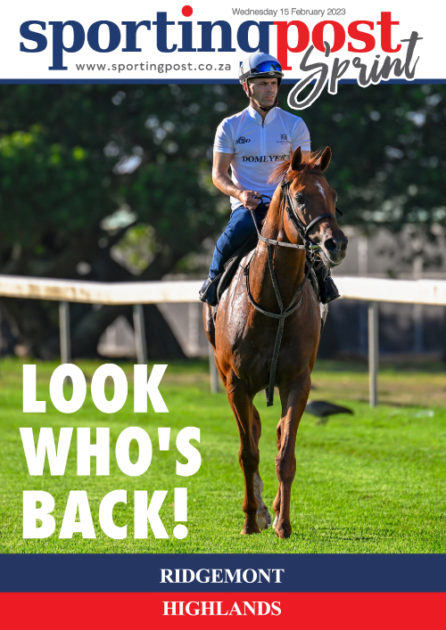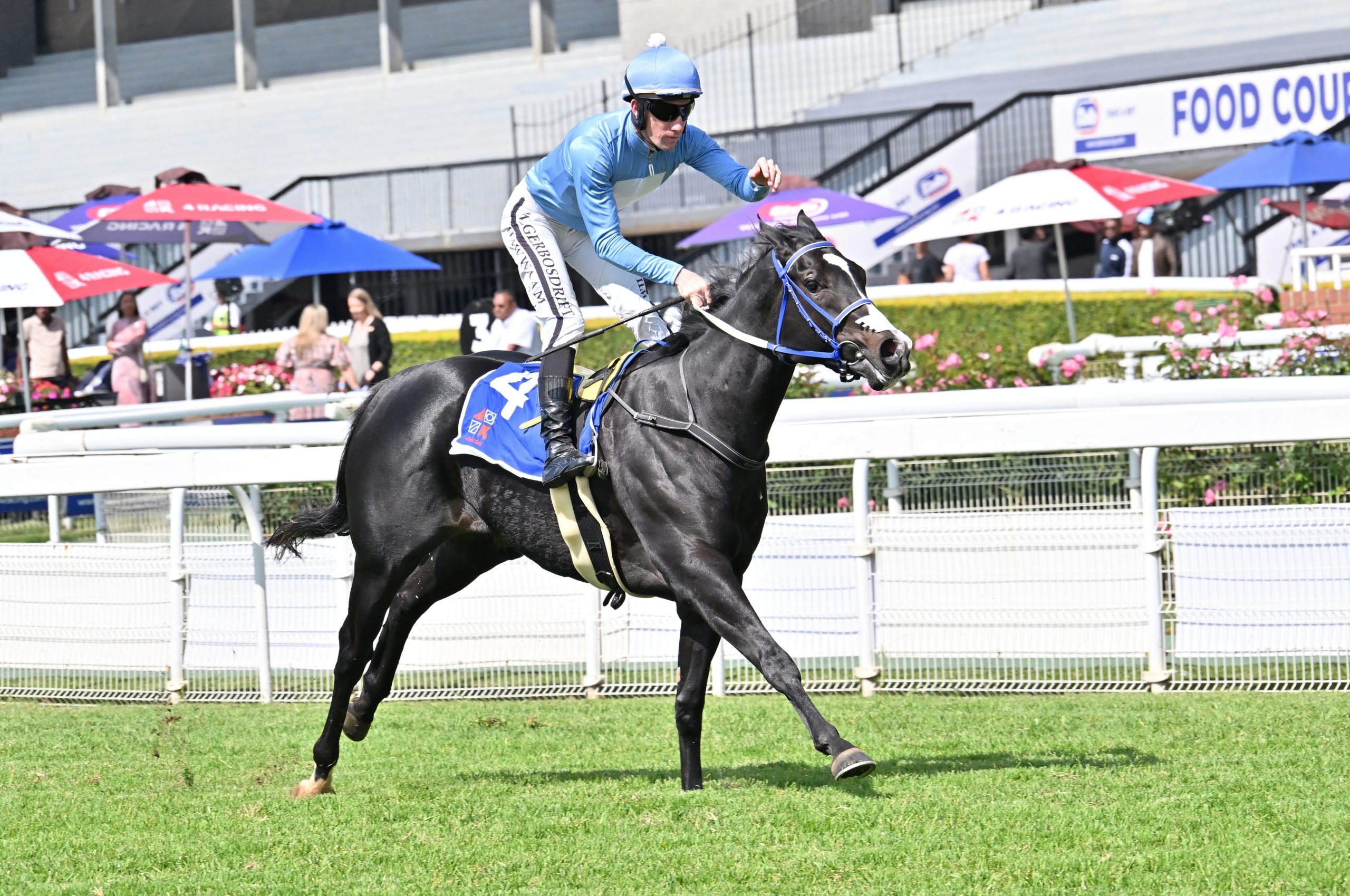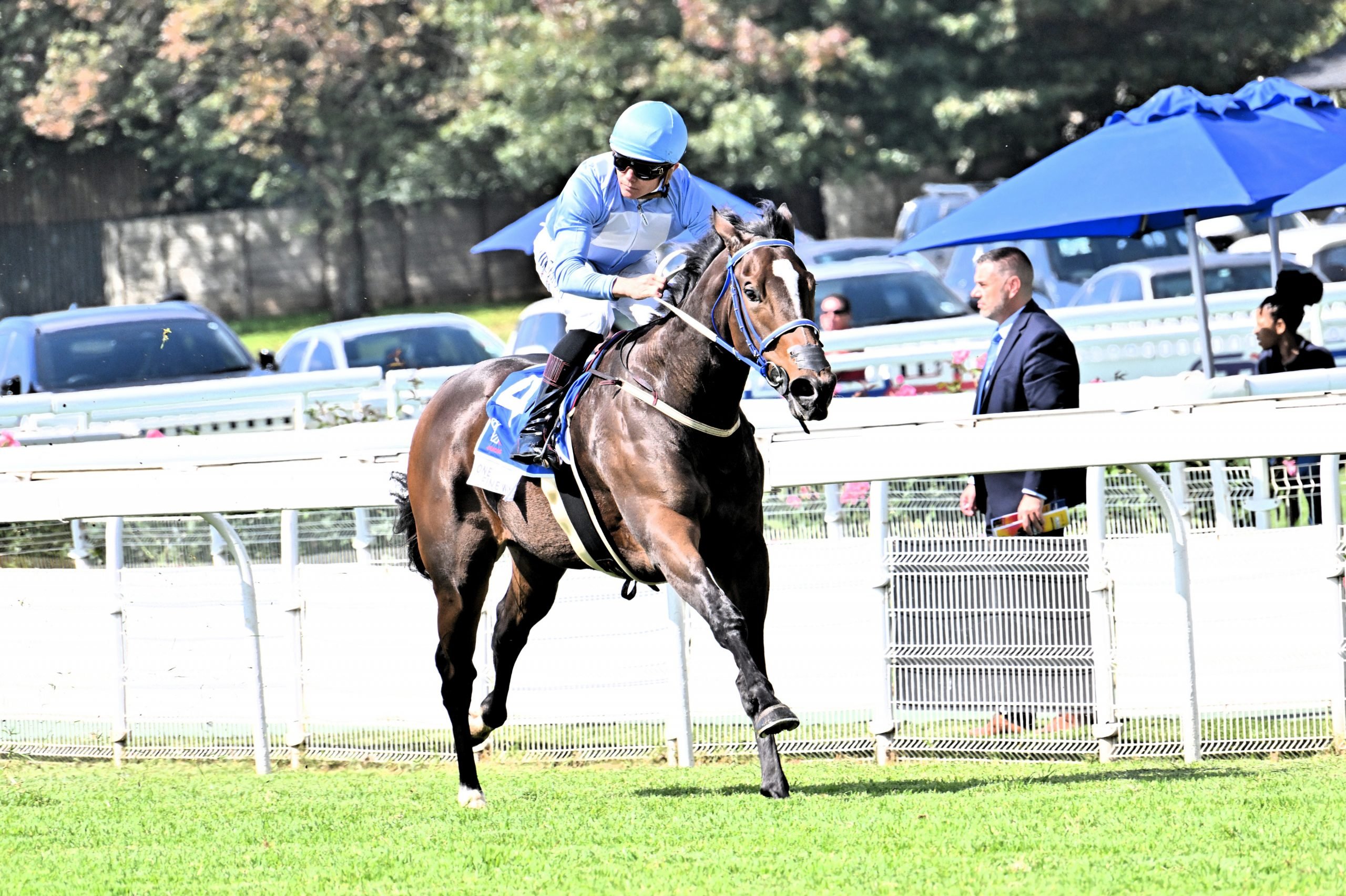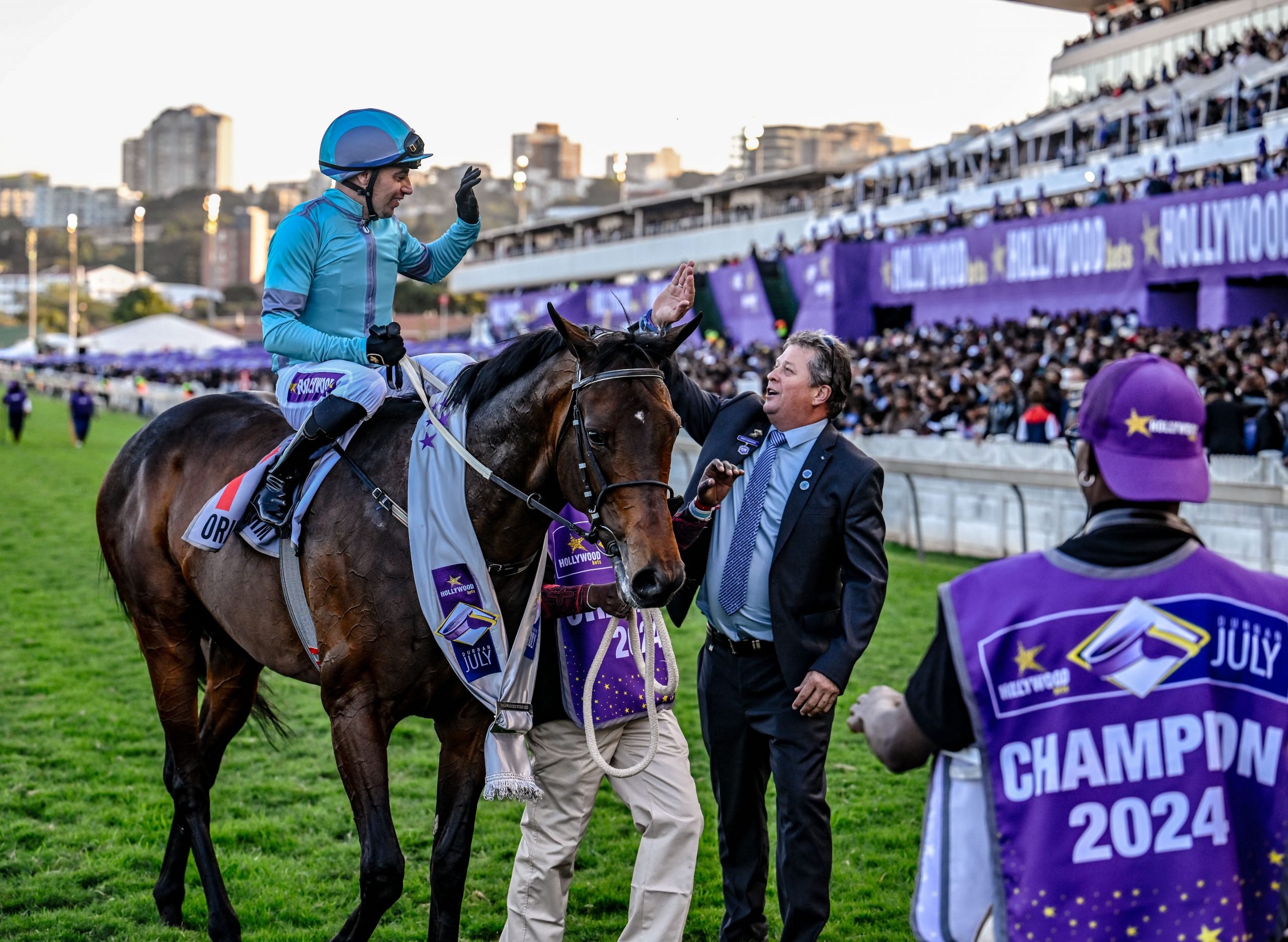An article published earlier this week saw Kenilworth Racing Executive Chairman Greg Bortz react with alarm at the small fields bedevilling Cape Town racing.
Bortz put the blame squarely on the decrease in the South African horse population when he remarked: “The foaling numbers suggest it’s going to worsen before things improve.”
The problem is not just restricted to the Western Cape.
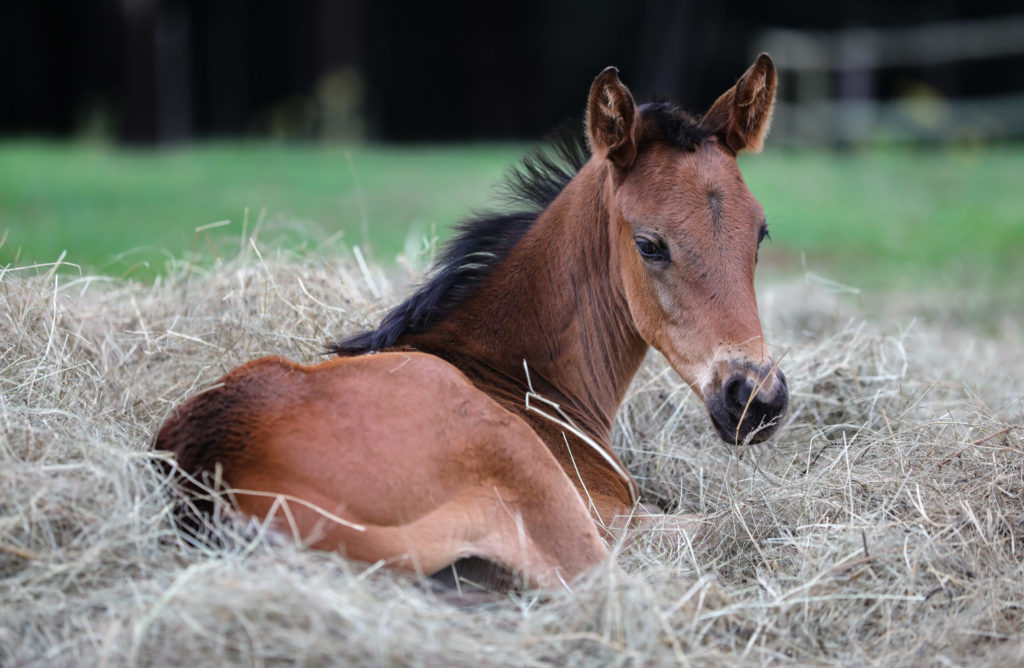
A beautiful foal at Camargue Stud – for illustration only (Pic- Candiese Lenferna)
Further afield in KZN, a lack of entries have resulted in a number of cancelled meetings, whilst the imminent closure of the Ashburton Training centre outside Pietermaritzburg is further cause for concern.
All this prompted a closer look at official NHRA registration figures and the conclusion? Yes, South African foals crops are in decline, to the extent that the last crop to top the 3000 mark was that of 2015. Since then, numbers have steadily fallen.
For 2019, there were almost 1000 less foals registered (2095).
The 2020 crop total dipped below 2000 for the first time and as per the NHRA Racing Calendar of 10 February, breeders have as yet registered no more than 1465 of the 2021 foal crop.
As microchipping has yet to be finalised, the projected estimate is 1950, with the final count due in March. Still, that’s over a third less than the 2015 high of 3007!
This does not bode well for the industry, as, let’s be honest, without breeders, there will be no racing. This sad state of affairs is the result of a number of factors.
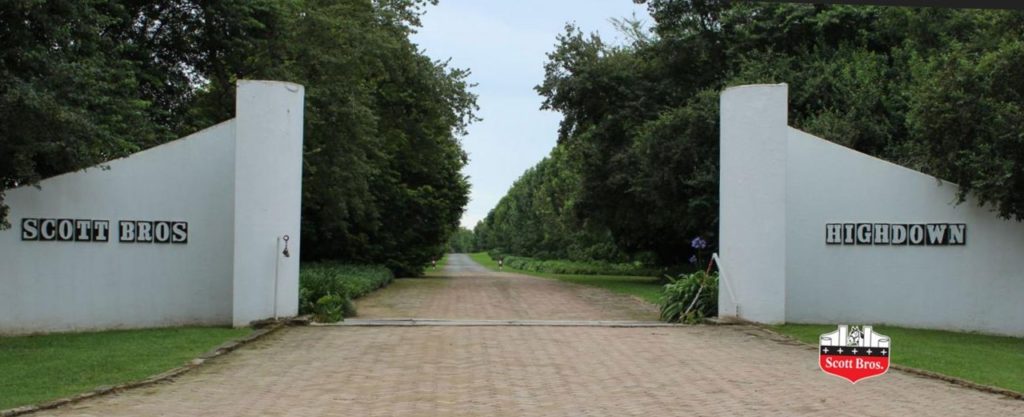
Attrition is one. In recent years, we have seen the demise of the mighty multiple champion Summerhill Stud and the long-established Scott Brothers, ‘big’ commercial breeders whose sale drafts invariably made up a huge percentage of any sales catalogue.
Gone too, are Daytona and Klipdrif, which ironically, were home respectively to the past ‘greats’ Elliodor and Jet Master.
And while attractive bonus schemes offered by the auction houses continue to lure prospective buyers – we saw a sales race contested for no less than R7,5 million on Met day – these are primarily for the benefit of owners.
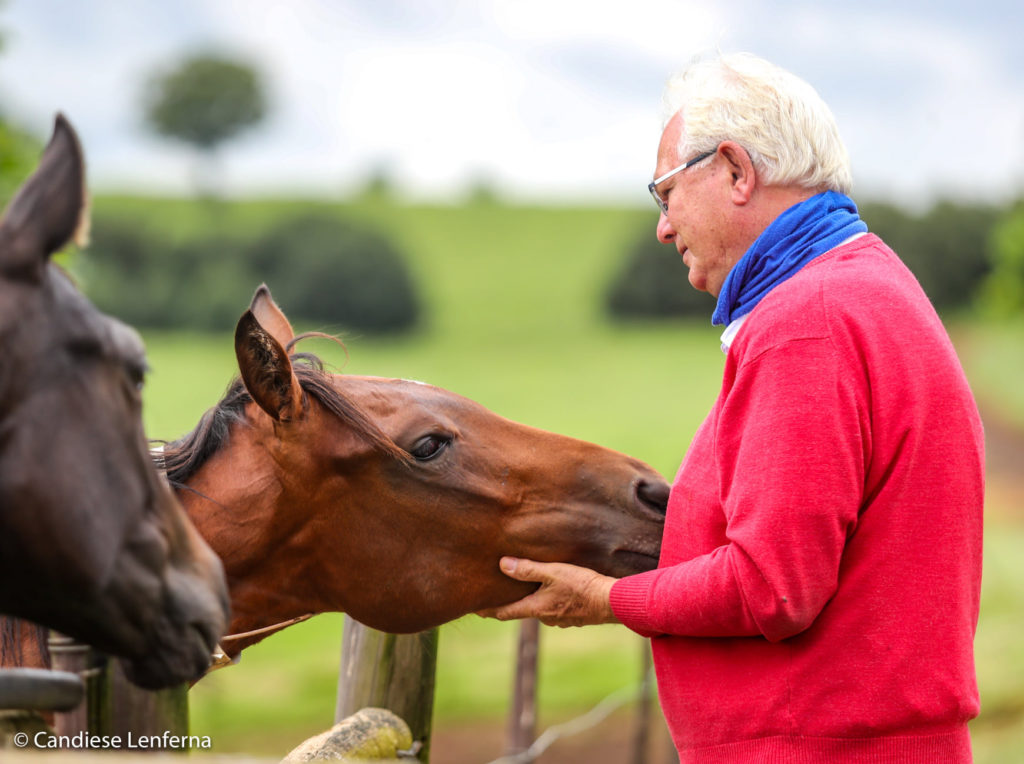
Peter Blyth of Clifton Stud (Pic- Candiese Lenferna)
Clifton Stud master Peter Blyth can attest to that: “We don’t benefit from the sales bonus scheme at all, even though I have bred a couple of winners which qualified for the R100 000 bonus.
“Thank goodness we in KwaZulu-Natal have the premium scheme, although the incentive bonuses have to be reinvested in mares or stallion shares.”
Although it offers some respite, sadly, it is the only one of its kind in the country.
Other factors include a tough economic climate and an exchange rate which has tanked to new lows, the impact of which has resulted in stagnant imports and hence, a decline in the quality of the local gene pool.
Finally, for many breeders the elephant in the room is the matter of ever-rising production costs.
Topping the list are veterinary and feed costs, followed by annual registration fees.
These have become a heavy burden to virtually every breeder, barring the handful of the affluent, bigger studs.
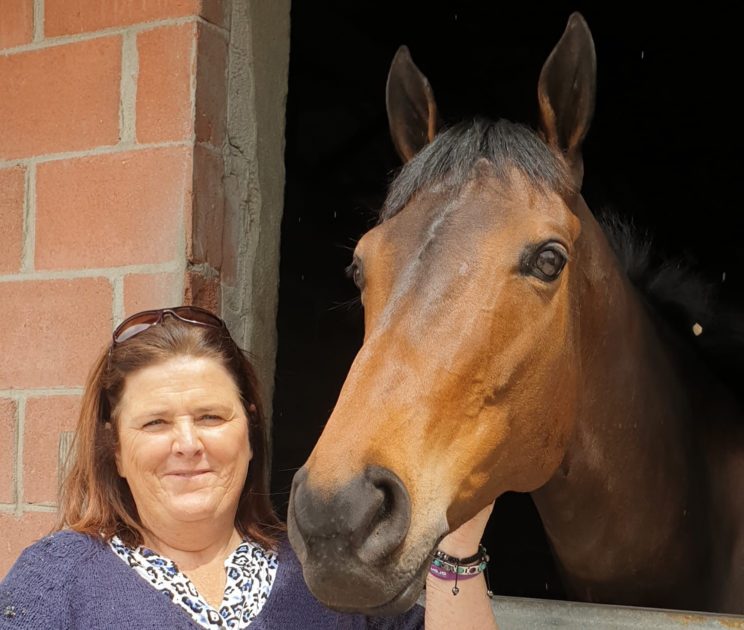
Popular Pippa Mickleburgh – ‘input costs are final nail in coffin’
Avontuur Stud’s Pippa Mickleburgh, who also serves on the NHRA board, agrees.
“For many, input costs have become the final nail in the coffin. You can’t cut corners when it comes to raising thoroughbreds and to be honest, feed and veterinary bills are horrendous.
“In my opinion, the breeder association has also taken their eye off the ball, so to speak. Sad to say, sale companies have modernised to the extent that it’s all about corporate business and there seems to be no worry about the plight of breeders.
“Yes, the time has come to look after breeders. We need a Greg Bortz to come to the rescue!”
Eugene Freeman, master of Boland Stud and a TBA Council member, agrees that the problem is cost-driven.
“Numbers will only start increasing when racing gets its house in order,” he remarked. “The solution, as far as I see it, are increased stakes. In my opinion, stakes are your primary driver and increased stakes bring back the buyers.
“Over the last two years, prices at auction sales have risen and there is demand from buyers, while sales incentives have helped, especially at the lower end of the market.
“Sure, there will be a period of a shortage in horses for a while, but increased demand will eventually filter through. Essentially, to fix the market, racing needs to be fixed first.”
Clearly, there appears to be no quick-fix solution to the plight of brave breeders, who in the meantime, carry on regardless, for as Peter Blyth remarked wryly: “At the end of the day, we are in it for the passion of the game.”
Have you seen the latest SPRINT?


